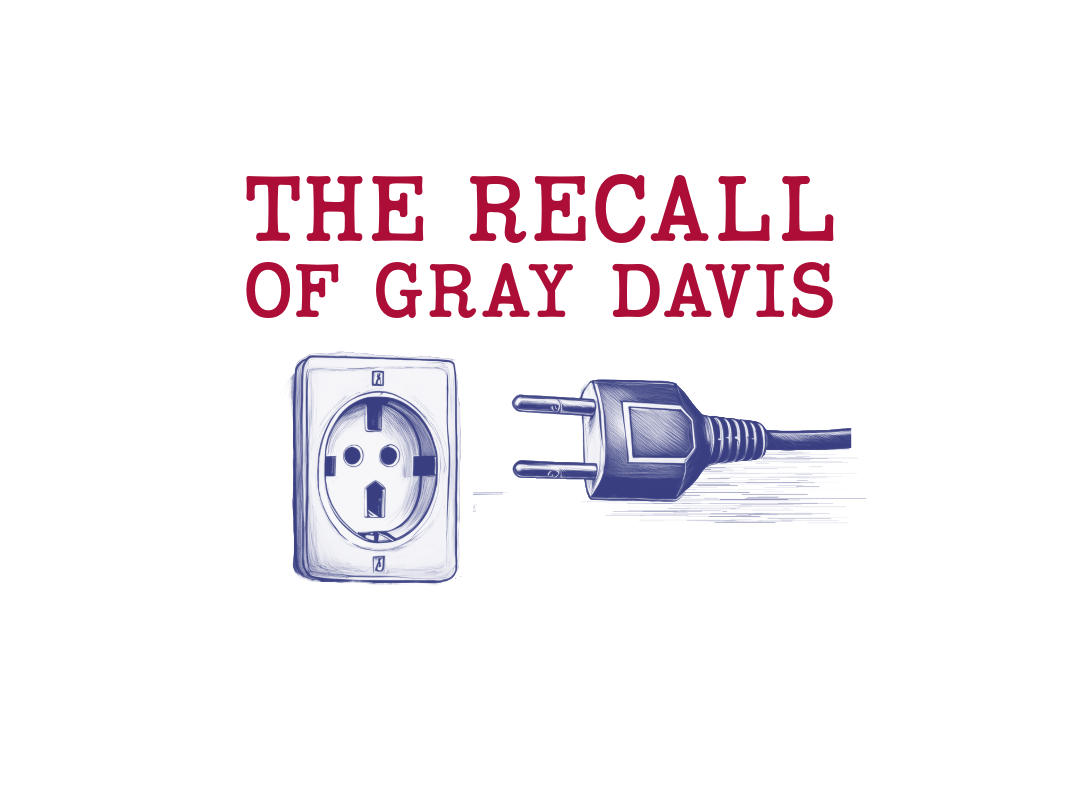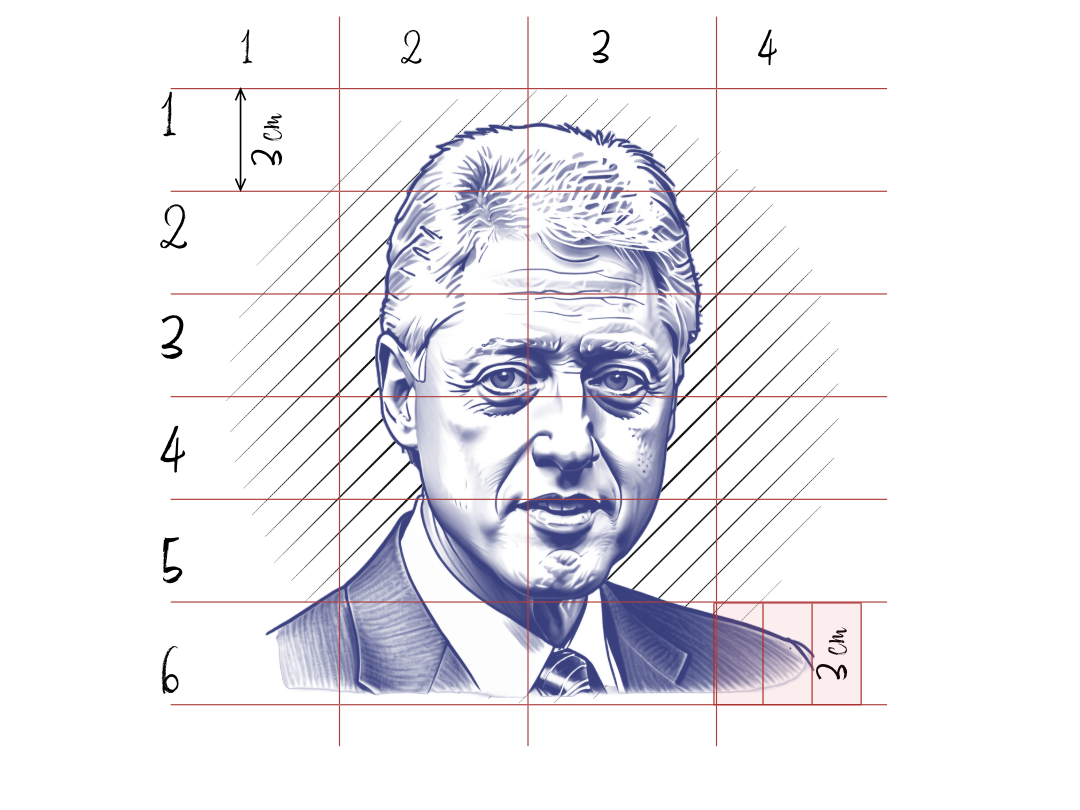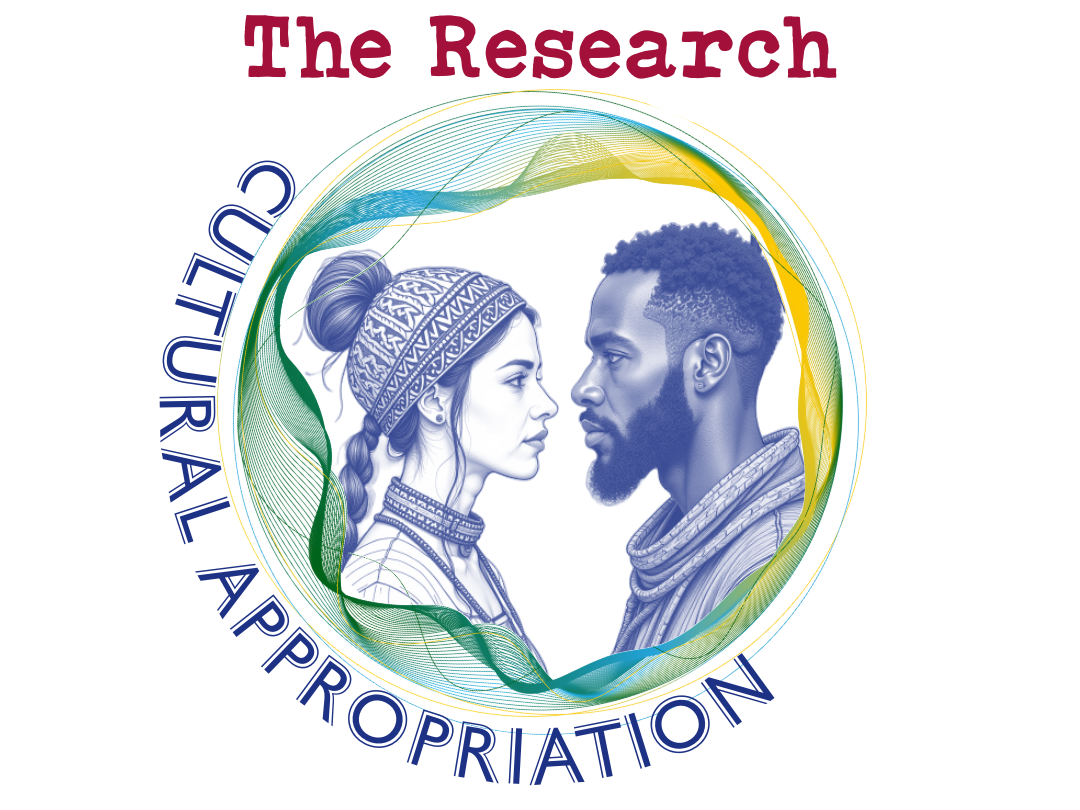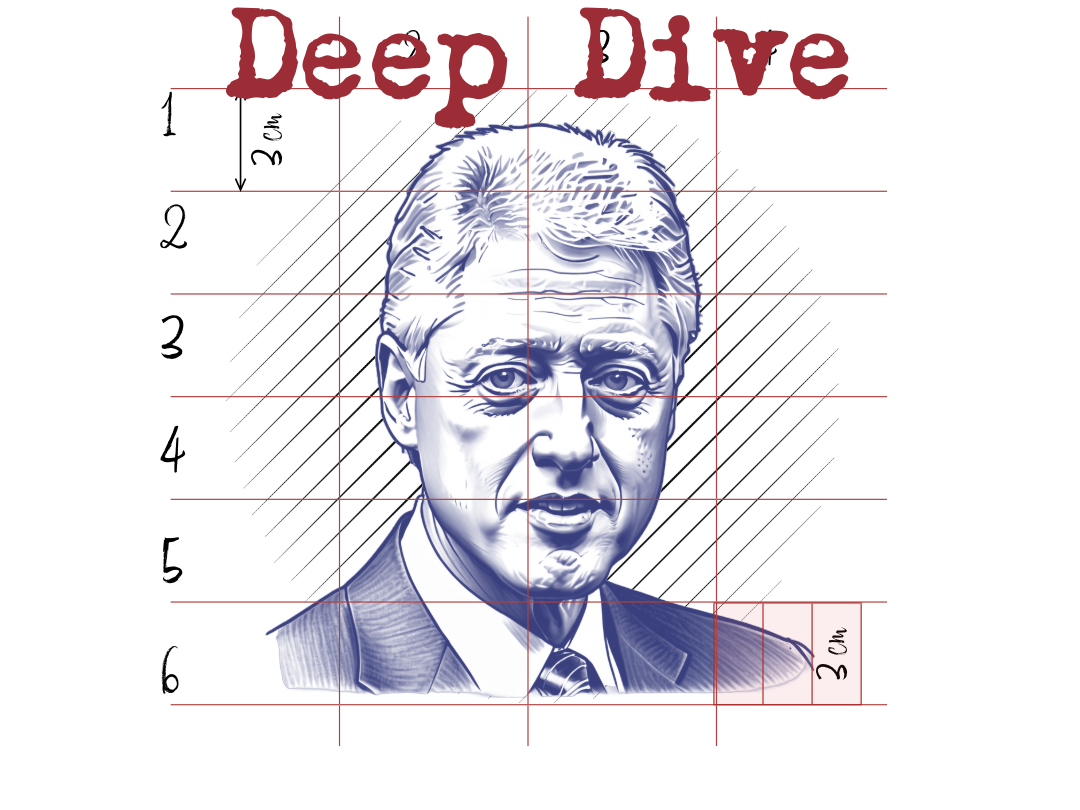Understanding Voting Patterns and Economic
Alignment in California’s 2024 Election
Wealth, Policy, and Party Affiliation
November 13, 2024
Abstract
In the 2024 U.S. election, certain California counties, despite the state’s historical Democratic majority, leaned Republican. This research explores the factors behind these counties’ Republican leanings, the benefits the wealthy might gain from Democratic support, and whether these advantages extend to average families. It investigates the demographic, economic, and cultural factors that influenced voting patterns and assesses the impact of Democratic policies on economic distribution across income levels.
Introduction
California’s reputation as a Democratic stronghold contrasts with its complex socio-political landscape, marked by regions that continue to lean Republican. While urban areas and affluent Democratic donors play a prominent role in shaping California’s political identity, rural and lower-income communities often diverge. This study seeks to address two central questions: 1) Why did certain California counties support Republican candidates in the 2024 election? 2) How do policies benefiting the wealthy Democrats affect average families? We combine voting data, demographic analysis, and insights into the economic and cultural motivations of Democratic supporters to answer these questions.
Methodology
This study is divided into several phases, including literature review, data collection, and analysis:
1. Research Questions:
• What motivated specific counties in California to vote Republican in 2024?
• What economic or cultural advantages draw wealthy individuals to support the Democratic Party?
• Do these advantages extend to average families through policies that promote economic mobility and equal opportunity?
2. Literature Review:
• Previous studies outline a growing alignment between affluent voters and the Democratic Party, particularly around issues like cultural liberalism and selective economic policy (Zacher, 2023).
• Historical shifts, especially post-1990s, highlight a Republican shift among rural and blue-collar voters, contrasting with a Democratic appeal to wealthier, urban individuals (Grose, 2024).
• The Democratic Party’s fiscal policies have been scrutinized for perceived benefits to affluent donors, raising questions on whether the economic gains for the wealthy translate to broader middle-class benefits (Bartels, 2008).
3. Data Collection:
• Voting Data: County-level voting data from California’s Secretary of State shows turnout, vote-by-mail rates, and precinct-level details for the 2024 election.
• Demographics: Census Bureau and state demographic data provide insights into age, education, and income levels across counties. Counties with higher Republican turnout often feature rural characteristics, lower population density, and older populations.
• Political Donations: Donor data from the 2024 cycle highlight contributions from affluent Democratic supporters like Michael Bloomberg and Dustin Moskovitz, underscoring the alignment between affluent donors and Democratic policies.
• Policy Analysis: Policy documents from Democratic platforms outline tax and regulatory reforms benefiting corporations and high-income individuals while also emphasizing broader social welfare programs.
4. Interviews and Surveys:
• To capture perspectives on the ground, we plan to interview voters in Republican-leaning counties. The survey will explore how cultural and economic issues influence their support.
• We will also seek insights from Democratic donors and affluent supporters in California to understand their reasons for favoring Democratic policies.
Findings and Discussion
1. Demographic and Cultural Influences on Republican Support:
• Counties leaning Republican in California display distinctive demographic profiles, often with higher proportions of white, older, and rural residents. Economic concerns like housing affordability and employment stability are prominent among these voters. Cultural issues, including skepticism towards progressive policies on social and environmental issues, also drive support for Republican candidates.
2. Wealthy Donors and Democratic Policies:
• Affluent individuals, particularly from tech and finance sectors, increasingly support the Democratic Party due to its policies on social issues and selective economic policies favoring corporate innovation (Zacher, 2023). For instance, tech industry regulations and environmental policies align with the interests of wealthy, urban Californians, as does cultural liberalism. The Democratic platform often addresses climate action, healthcare, and social equity, appealing to wealthy urban elites (Schroedel, 2024).
• Democratic policies such as capital gains and estate tax reforms, although often advertised as progressive, have had mixed impacts on economic inequality. Studies suggest that tax adjustments in recent Democratic proposals, like the “Build Back Better” initiative, benefited high-income individuals through deductions and credits more than low-income households, which undermines redistributive goals (Biden, 2021).
3. Impact on Middle-Class and Average Families:
• While affluent support for the Democratic Party has grown, the benefits of policies aimed at this demographic do not uniformly extend to average families. Studies indicate that while some Democratic policies may offer indirect benefits, such as environmental health and educational subsidies, these often do not directly address income disparities affecting middle- and low-income households (Gingrich and Häusermann, 2018).
• Certain social programs promoted by Democrats, like expanded healthcare or child tax credits, show more consistent positive effects on average families than broader economic policies focused on high-income earners. These programs have been associated with decreased economic stress and improved access to resources in some urban areas but are inconsistently felt in rural communities.
Conclusion
This research highlights how economic and cultural factors shape voting patterns and support for Democratic policies in California. Wealthier Californians often support Democrats due to liberal social stances and favorable economic conditions for business interests, creating a complex dynamic in which the Democratic Party serves both affluent donors and attempts to promote social equity. However, the benefits of this alignment may not adequately reach middle- and low-income families. Further research is needed to explore how Democrats could adjust policies to address more directly the economic needs of average families, potentially strengthening their electoral appeal in rural and Republican-leaning counties.
Policy Implications and Recommendations
1. For the Democratic Party:
• Policies should be crafted to ensure that economic benefits are distributed beyond high-income earners. Targeted reforms in tax policies, especially around corporate gains and estate taxes, could increase the benefits for average families.
• Focusing on localized economic concerns, especially in rural counties, would help Democrats connect with voters outside major urban centers.
2. For Republican Strategy:
• Republicans could capitalize on Democratic policy gaps by emphasizing policies that directly address economic issues facing working-class voters in California. Highlighting the perceived disconnect between affluent Democratic donors and average families could be a strategic focus.
Limitations
This study is limited by data access constraints, particularly in capturing in-depth interviews with affluent donors. Survey responses are also subject to respondent bias based on political alignment. Future research should consider a longitudinal approach to track evolving voter patterns and conduct detailed analyses of policy outcomes across income groups.
References
Bartels, L. (2008). Unequal Democracy: The Political Economy of the New Gilded Age. Princeton University Press.
Gingrich, J., & Häusermann, S. (2018). The Politics of Redistribution in the New Political Economy. Cambridge University Press.
Schroedel, D. (2024). California as a Cash Cow for Political Donations. CalMatters. Retrieved from https://calmatters.org
Zacher, S. (2023). “Polarization of the Rich: The New Democratic Allegiance of Affluent Americans and the Politics of Redistribution.” Perspectives on Politics, 22(2), 338-356.
This upcoming study, set to be published by September 2025, offers a glimpse into its ongoing development through a preview of its methodology.









